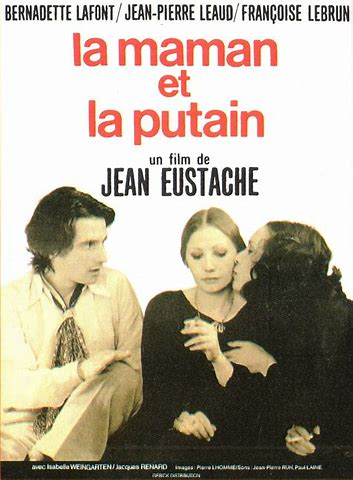Claudia von Alemann’s Blind Spot is
a small, quiet film, almost seeming designed to be overlooked (it might as well
have been so designed, given its lowly place in the conventional canon) but capable of
permanently shifting one’s inner paradigms. A young German woman, Elisabeth,
comes to Lyon to carry out research on the real-life 19th century writer
and activist Flora Tristan, focused less
on traditional archival methods than on walking in Tristan’s footsteps, seeing
what she might have seen, hearing what she might have heard, thereby moving
toward a new form of identification and understanding. It’s a sometimes
draining project (she comments that she can’t even find a bakery that’s open,
let alone tap the depths of Tristan’s experiences) and in any case unclear what
output might result from it; part of the film’s point is that it couldn’t
possibly be clear, because a feminist history requires a comprehensive renewal,
encompassing everything from the nature of the inquiry (Elisabeth somewhat
randomly finds herself listening to first-person testimony on Lyon’s
persecution of the Jews during WW2) to how one defines and engages with
eventual discovery (equally randomly meeting a woman who makes collages out of
newspaper headlines as an way of better perceiving the inter-related totality
of what’s reported). The project is personal as well as professional: it
appears that Elisabeth has left her job, and her relationship with her partner
and daughter is uncertain (there are a couple of hints that she may be pregnant);
she briefly makes out with a stranger (and there are several moments when the
film makes us aware of the male gaze upon her) but it doesn’t appear to lead
anywhere. The film concludes, unexpectedly, in two very different kinds of
musical outburst; the ending is tinged with frustration, failure, but also a
kind of acceptance and reclamation of self, even a sense of transcendence, in which
the viewer may gratefully share.






